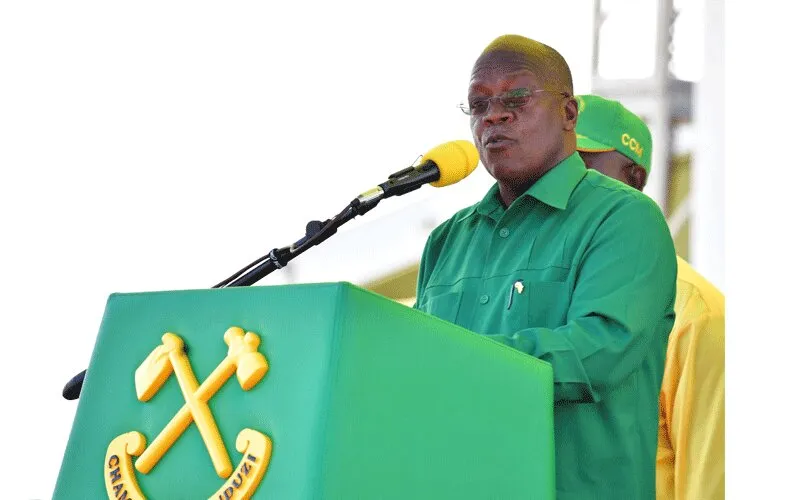They add referencing President Magufuli’s government, “It also insisted on the fact that all children must have at least a basic education. The measures affected the entire national territory. It is a very important step forward.”
That the 61-year-old President who is Tanzania’s fifth Head of State has “relentlessly” fought corruption in the country is another reason for the missionaries’ gratitude.
In the November 11 report, the missionaries say that President Maguguli “has launched severe policies that have drastically reduced the (corruption) phenomenon throughout the country and at all levels.”
Meanwhile, the missionaries in Tanzania have expressed reservations about Magufuli’s presidency explaining, "What scares us is this president's style of action; a tough, decisive style, at times dictatorial.”
"Anyone who criticizes the president runs the risk of being stopped by the police and ending up in prison. Opposition politicians, journalists, members of non-governmental organizations disappeared during the elections,” the missionaries recount.
Democratic principles are in question, they further note and add, “The President himself is trying to break the two-term limitation in order to run for the third time.”
According to Amnesty International, a UK-based non-governmental organization monitoring human rights across the world, in 2019 Tanzanian authorities “severely restricted the rights to freedom of expression and association, and targeted journalists, human rights defenders and political opposition members.”
“Repressive legislation with broad provisions gave authorities sweeping powers to silence critics and stop media outlets, NGOs and political parties from operating,” officials of the London-based entity add.
The leadership of Amnesty International further notes that in 2019, Tanzanian authorities “continued to arrest and prosecute government critics on trumped-up charges. Amnesty International documented cases of five journalists and two human rights defenders (HRDs) arrested.”
In the run-up to the October 28 elections, Human Rights Watch (HRW) officials note that Tanzanian authorities “stepped up repression of opposition parties, nongovernmental organizations, and the media.”








